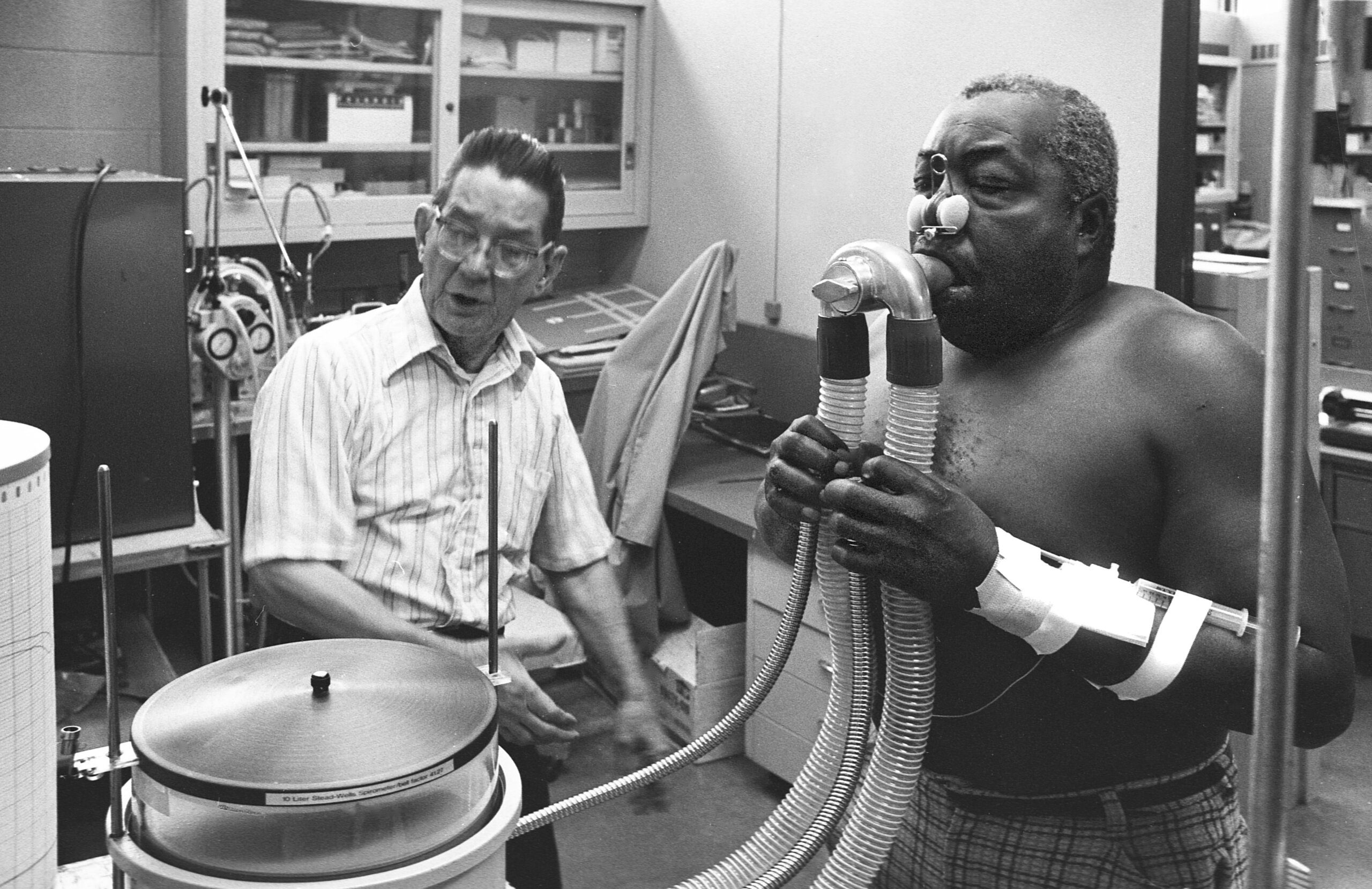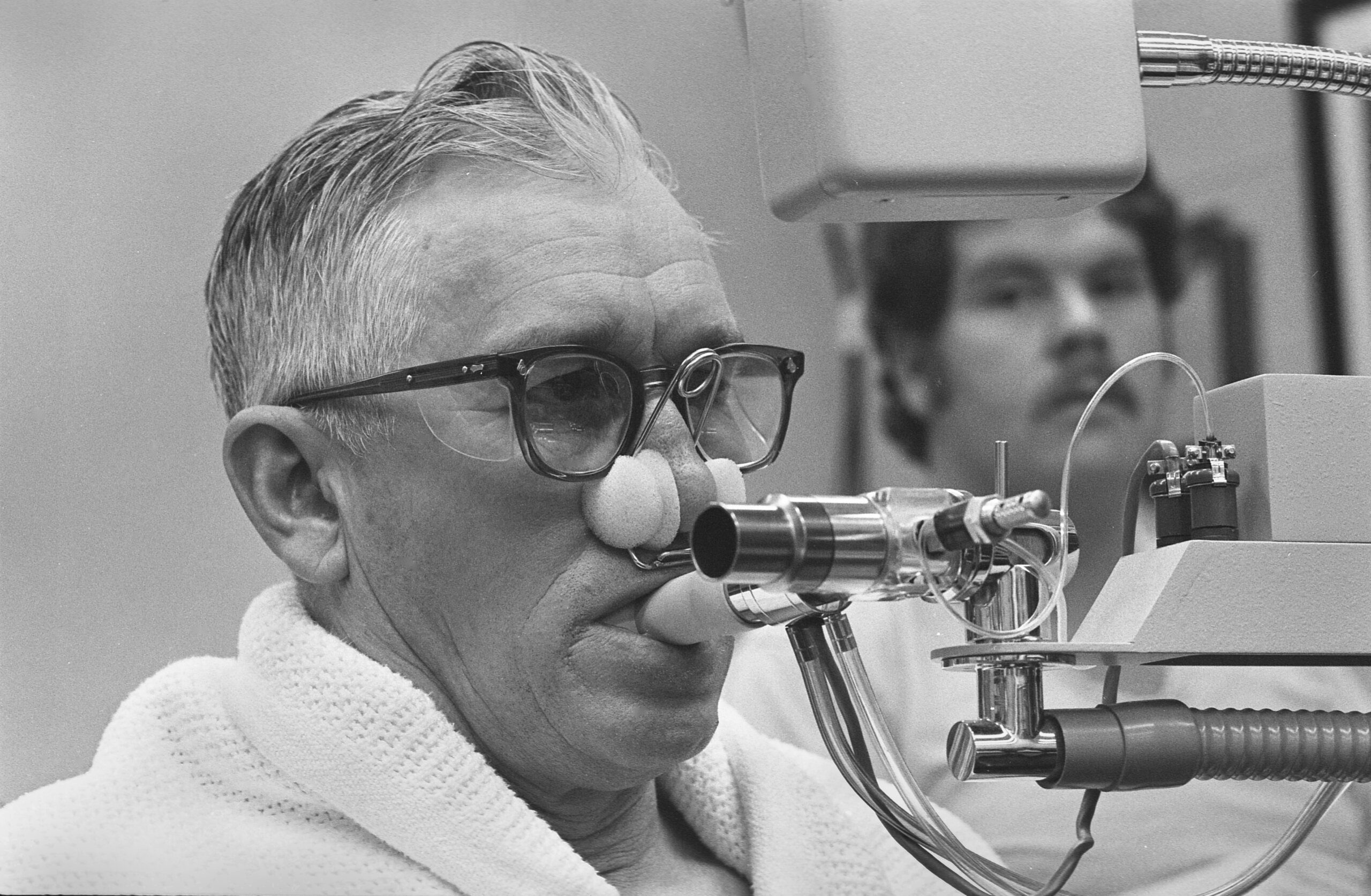
The U.S. House Appropriations Committee voted along party lines on Wednesday, July 10th to advance an appropriations bill for the federal Department of Labor that contains a provision to block any funding to implement the newly-finalized rule to limit miners’ exposure to dangerous silica dust.
The appropriations bill, which outlines how the Department of Labor will allocate its funding for fiscal year 2025, contains one line of text that prohibits the use of any funding for the implementation of the new silica dust rule. Page 52, section 123, states the following: None of the funds made available by this Act may be used to administer, implement or enforce the proposed rule entitled ‘‘Lowering Miners’ Exposure to Respirable Crystalline Silica and Improving Respiratory Protection’’, published by the Department of Labor in the Federal Register on April 18, 2024.
“This is not the first time some misguided members of Congress have tried to block this life-saving standard from taking effect. It is difficult for me to understand how any member of Congress could possibly be supportive of more miners dying a suffocating death as a result of being forced to breathe silica dust,” said President Roberts.

“The action from House Republicans is a direct attack on the health and safety of coal miners,” Roberts said. “The epidemic of black lung disease is a critical issue that demands immediate action. Congress must do better and reject this dangerous provision and stand up for the rights and health of the nation’s coal miners. It could mean the life or death of someone’s spouse, relative or child.
“Sacrificing the health of miners for any reason is morally reprehensible, and it undermines the principles of fairness and justice that our country stands for,” Roberts said.
Lives Saved With New Silica Dust Standard
Based on MSHA’s 2019 Quarterly Employment Production Industry Profile and the 2019 Quarterly Contractor Employment Production Report, the number of working miner full-time equivalents (FTEs) who will benefit from the new silica rule in the future is estimated to be 184,615 for non-metal mines and 72,768 for coal.
The final rule is expected to result in at least 1,067 avoided deaths and 3,746 avoided cases of silicosis morbidity among the working and retired miner population. MSHA expects full-scale implementation to reduce lifetime excess mortality risk by 9.5 percent and to reduce lifetime excess silicosis morbidity risk by 41.9 percent. Excess mortality risk includes the excess risk of death due to silicosis, NMRD, lung cancer and ESRD.

“Miners with black lung and their families have been fighting for protections from deadly silica dust for years. I hate to say it, but every Republican on the Committee voted to kill funding for the silica rule, putting miners’ lives at risk. Every Democrat supported the silica rule. This action must be reversed,” said Secretary-Treasurer Sanson.
“We have worked tirelessly for far too long to get the new rule implemented, and we cannot let the disgraceful actions of these members of Congress, who never stepped foot in a coal mine, get in our way.” Sanson said. “Miners are facing deadly levels of exposure to silica dust like never before. One in five veteran coal miners in Central Appalachia are now suffering from the most deadly form of black lung; silicosis.

“We will do everything in our power to make sure our nation’s miners are not forgotten and, more importantly, aren’t dying at a pace that is, quite frankly, more rapidly than we’ve seen in decades,” Sanson said.
Studies have shown that miners are contracting the disease earlier and earlier in their careers. One miner was only 34 years old when he was diagnosed with black lung. The disease is entirely preventable but once contracted, it is irreversible.
“Coal is the economy in the Appalachia region, and it’s a big deal, but when mines aren’t safe and silica levels aren’t controlled, you see the human toll it takes on the miner and their families, and it’s devastating,” said MSHA Assistant Secretary Chris Williamson, whose great grandfather had black lung disease.

“I don’t know if folks fully appreciate what the new silica rule means to miners and their families,” Williamson said. “Before the rule, there was not a separate, citable silica standard in coal mining, which meant if there was a silica over exposure, MSHA could not issue a citation, could not give a penalty and could not require the mine operator to take corrective actions.
“Not only is it a big deal, but it will also save lives. It is unconscionable why anyone would not support the new standard. It is shameful that anyone would want to carry the weight of deciding whether a person lives or dies while trying to provide a living for their family,” Williamson said.
At the time the Journal went to print, Congress was preparing to vote to extend current funding levels across the entire government. This appropriations language will be considered in December.

